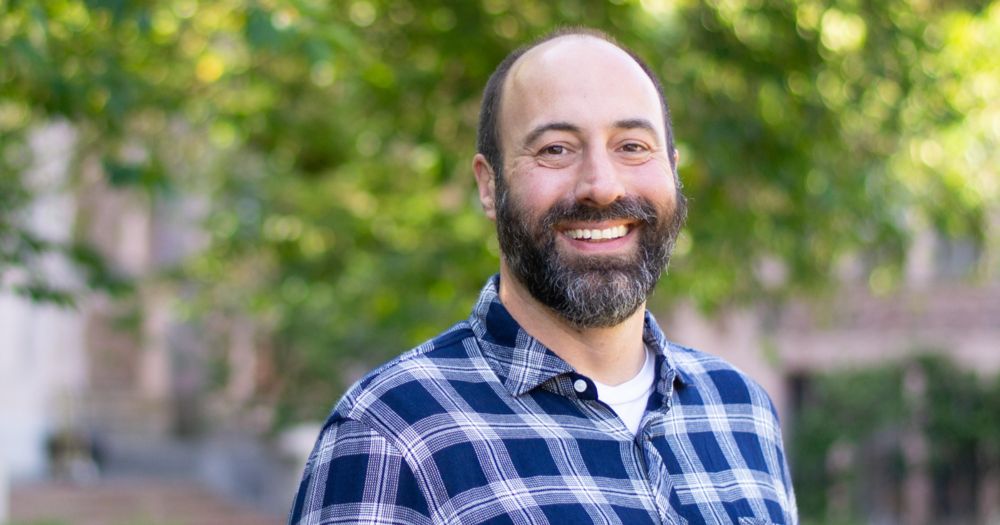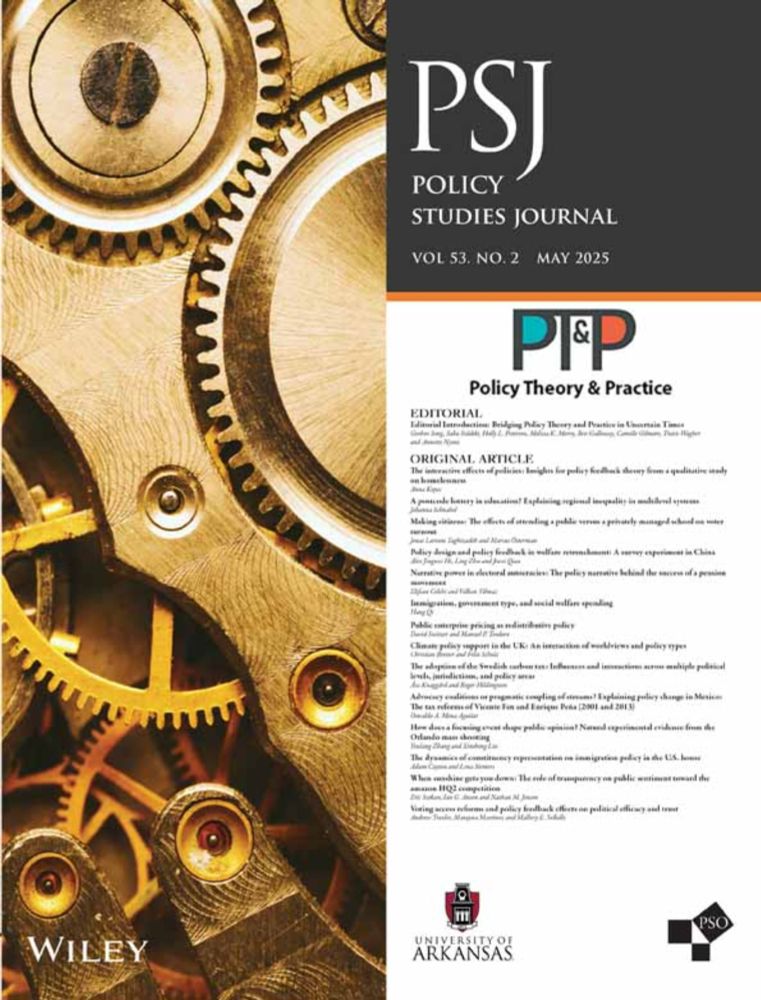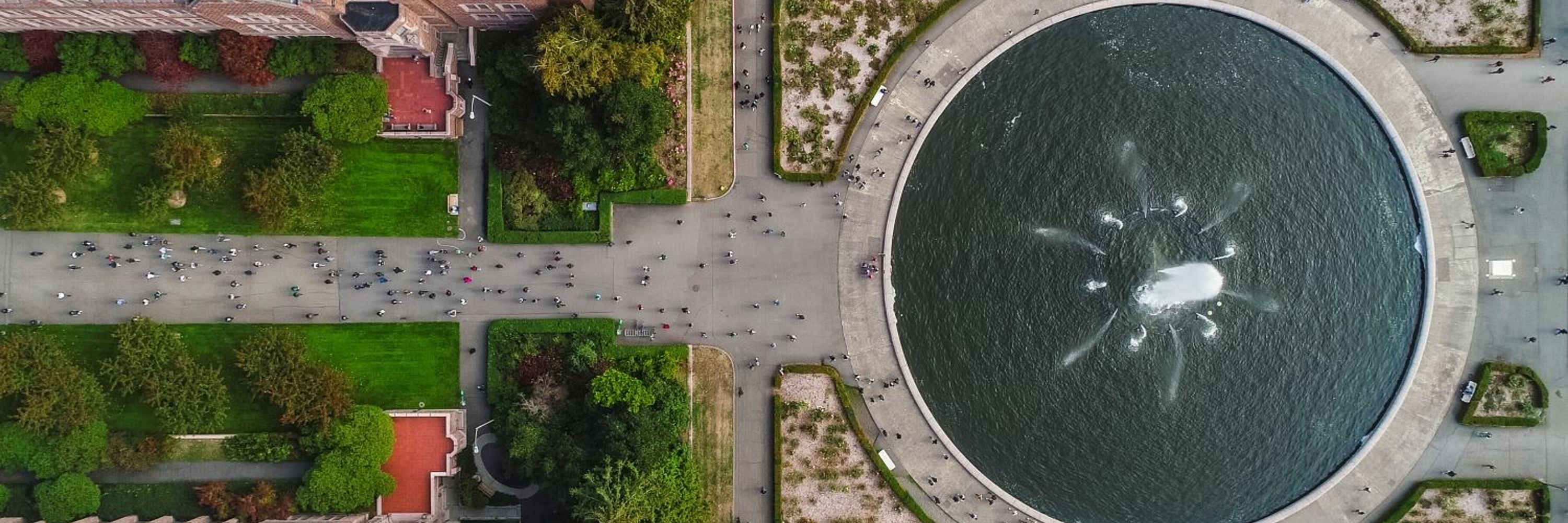
Website: cip.uw.edu
Watch the webinar: youtu.be/jbpGgVHIivE?...

Watch the webinar: youtu.be/jbpGgVHIivE?...
salish-current.org/2025/11/20/s...




Now you can watch it here.

Read more: slate.com/technology/2...

Read more: slate.com/technology/2...


Learn more:
www.cip.uw.edu/2025/10/15/a...

Learn more:
www.cip.uw.edu/2025/10/15/a...
www.seattletimes.com/opinion/in-t...

www.cip.uw.edu/2025/02/06/a...



www.cip.uw.edu/2025/02/06/a...

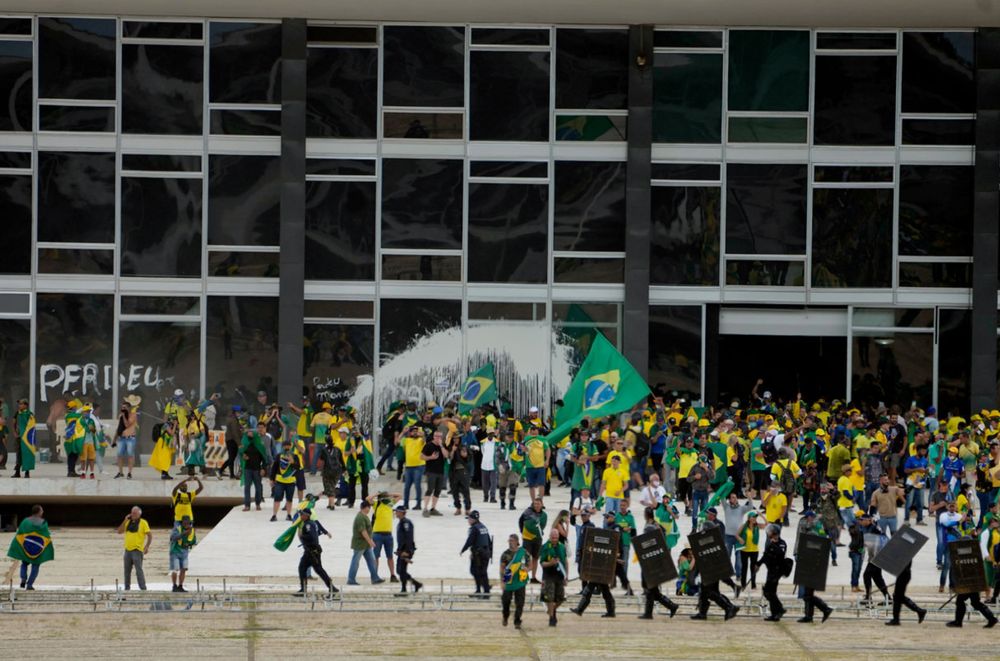
www.cogitatiopress.com/politicsandg...

www.cogitatiopress.com/politicsandg...

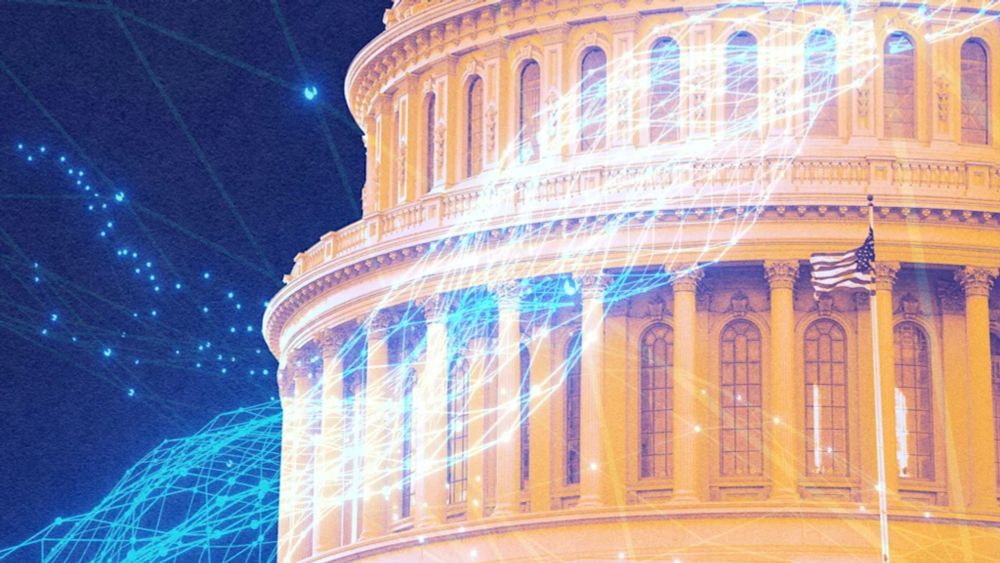
We are convening a CSCW workshop to bring together a global community focused on information disorder. We welcome short submissions, due August 8th.
cscw2025infodisorder.netlify.app
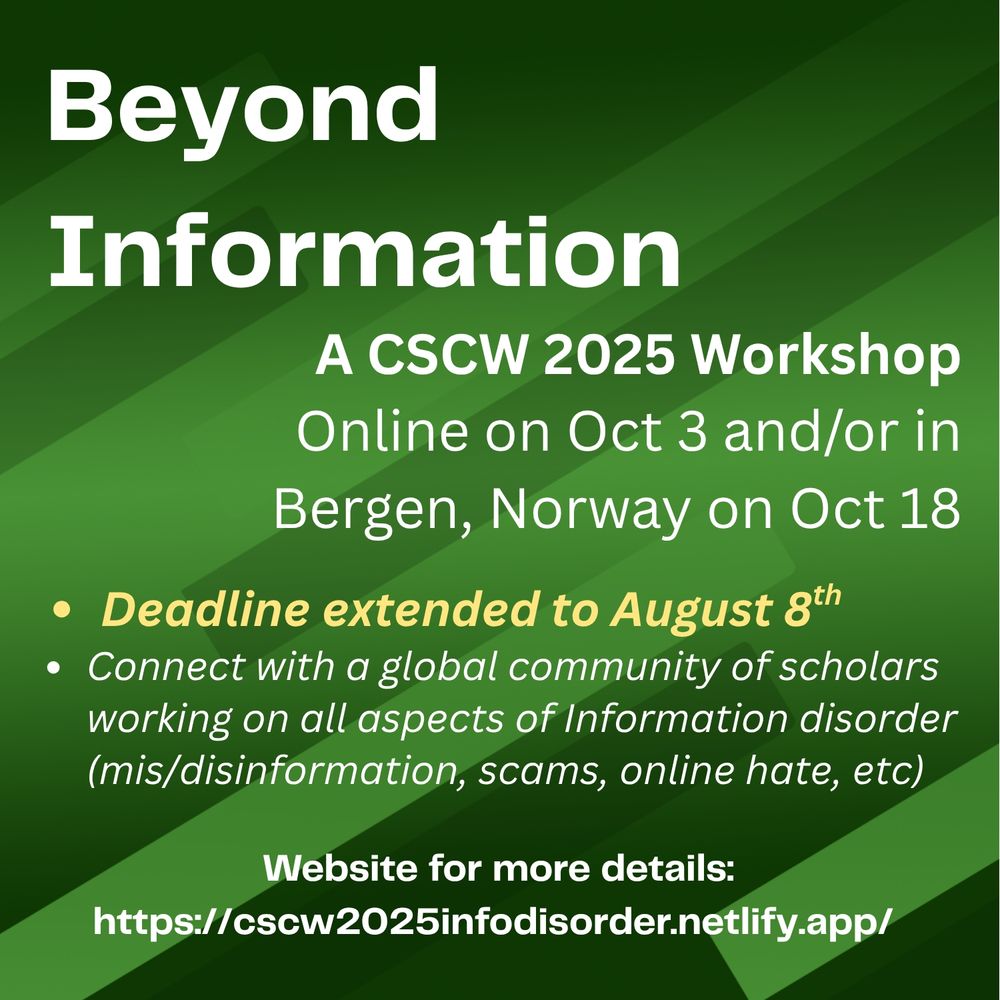
We are convening a CSCW workshop to bring together a global community focused on information disorder. We welcome short submissions, due August 8th.
cscw2025infodisorder.netlify.app
Link: academic.oup.com/pnasnexus/ar...
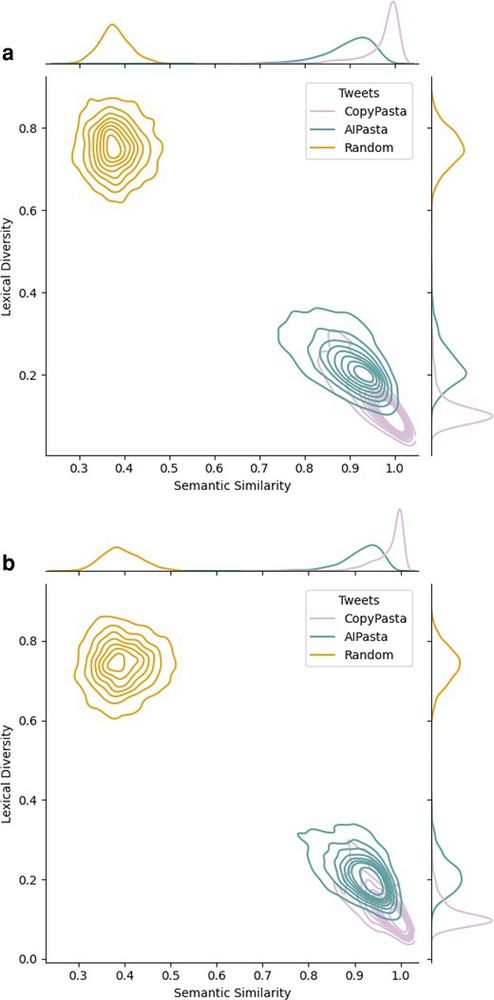
Link: academic.oup.com/pnasnexus/ar...
It is the product of my work at @eui-schuman.bsky.social with support from @stephofmann.bsky.social and inspiration from @cip.uw.edu.
#Contesting #Authority to #Adjudicate #Misinformation
By @radnitz.bsky.social
doi.org/10.1017/S153...
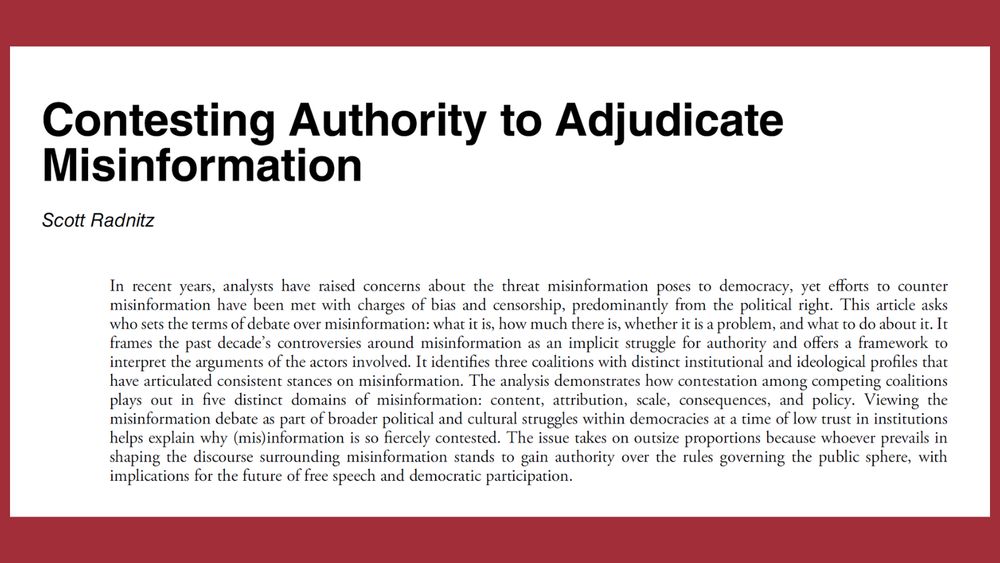
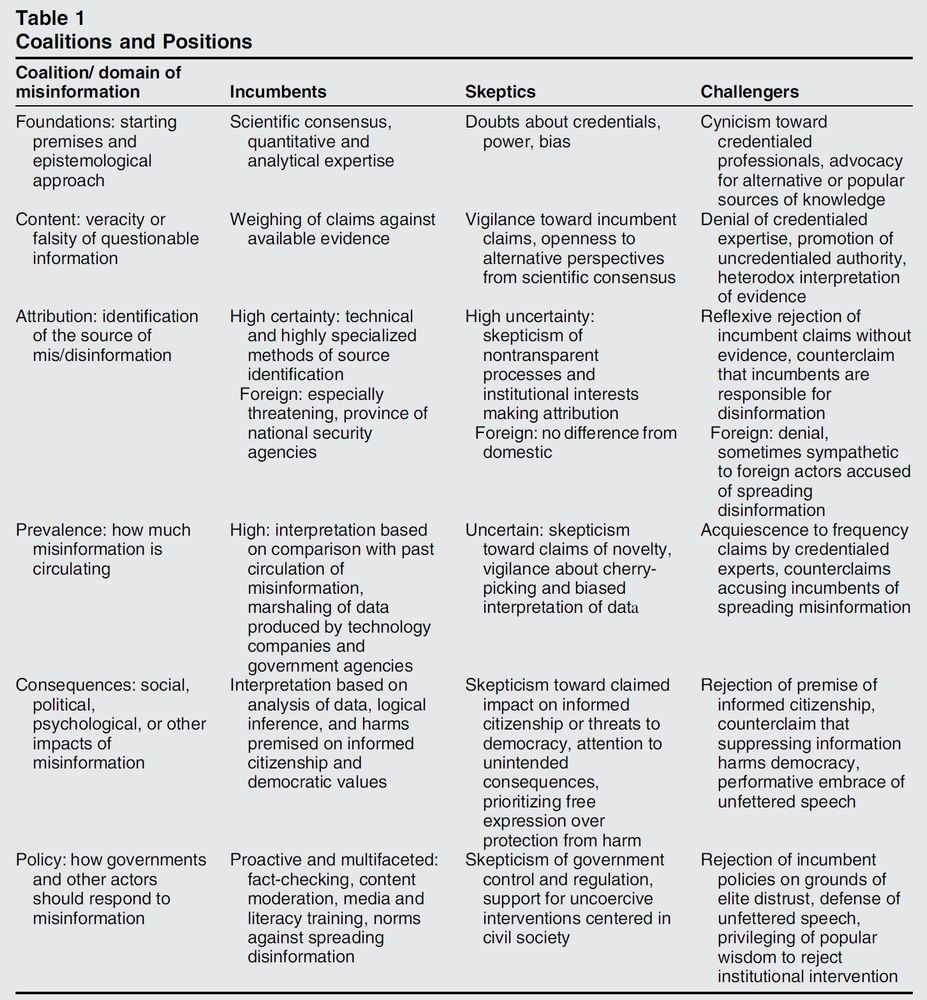
It is the product of my work at @eui-schuman.bsky.social with support from @stephofmann.bsky.social and inspiration from @cip.uw.edu.
